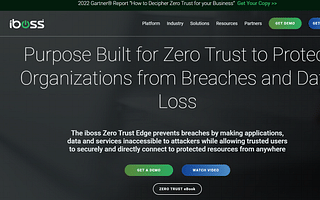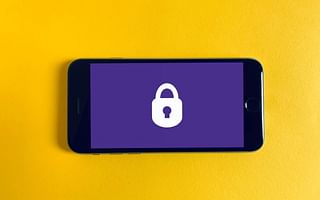Maya Braun is a seasoned expert in the realm of cryptography, driven by a profound interest in data privacy. Her professional journey has been dedicated to the design and development of secure communication systems, while also being a vocal advocate for digital rights. Maya takes pleasure in penning down her thoughts on the latest breakthroughs in cryptography and their potential impacts on privacy.
When it comes to internet security, it's crucial to take proactive measures to protect yourself and your digital assets. In today's interconnected world, cyber threats are constantly evolving, and staying ahead of them requires a combination of knowledge, awareness, and the right tools. Here are some recommended means of internet security that can help you stay safe in the digital landscape.
1. Use strong and unique passwords: One of the simplest yet most effective ways to enhance your internet security is by using strong and unique passwords for all your online accounts. Avoid using common passwords like "123456" or "password." Instead, create complex passwords that include a mix of uppercase and lowercase letters, numbers, and special characters. Additionally, consider using a password manager to securely store and generate unique passwords for each account.
2. Enable two-factor authentication (2FA): Two-factor authentication adds an extra layer of security to your online accounts by requiring you to provide an additional verification step, usually a unique code sent to your mobile device, in addition to your password. This helps protect your accounts even if your password is compromised.
3. Keep your software up to date: Regularly updating your operating system, web browsers, and other software is crucial for maintaining a secure digital environment. Software updates often include security patches that address vulnerabilities and protect against emerging threats. Enable automatic updates whenever possible to ensure you're always running the latest versions.
4. Be cautious of phishing attacks: Phishing attacks are a common method used by cybercriminals to trick individuals into revealing sensitive information such as passwords or credit card details. Be wary of suspicious emails, messages, or websites that ask for personal information. Verify the legitimacy of the source before clicking on any links or providing any sensitive data.
5. Use a reliable antivirus software: Installing a reputable antivirus software can provide an additional layer of protection against malware, ransomware, and other malicious software. Ensure your antivirus software is regularly updated to detect and mitigate the latest threats.
6. Regularly back up your data: Data loss can occur due to various reasons, including cyberattacks, hardware failures, or accidental deletion. Regularly backing up your data to an external hard drive, cloud storage, or both, can help you recover your files in case of any unforeseen events.
7. Educate yourself about cybersecurity: Stay informed about the latest cybersecurity threats and best practices by following reputable sources, attending webinars, or participating in online courses. Understanding common attack vectors and how to protect yourself can go a long way in safeguarding your digital presence.
Remember, internet security is an ongoing process, and it's essential to stay vigilant and adapt to the ever-changing threat landscape. By implementing these recommended means of internet security, you can significantly reduce the risk of falling victim to cybercrime and enjoy a safer online experience. Stay informed, stay secure, and embrace the digital world with confidence!















